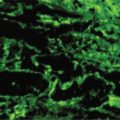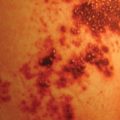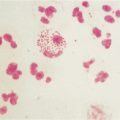CASE 36
You are looking after a 60-year-old male patient with renal carcinoma. The patient is due for surgery in 2 days, and you are investigating follow-up immunotherapies you might offer this patient, besides conventional chemotherapy. Discuss some of the options.
QUESTIONS FOR GROUP DISCUSSION
2. Describe the clinical presentation of renal cell cancer and general approach leading to diagnosis.
3. Describe the general procedure for tumor-infiltrating lymphocyte (TIL) therapy. What is the rationale for this approach?
4. TIL therapy has met with limited success. List at least two reasons why this approach may not work.
5. Attempts to enhance the efficacy of TIL therapy have led to changes in the protocol to include exogenous cytokines. Discuss the negative side effects associated with this modification. Describe an alternative approach to overcome this side effect and yet still benefit from intervention of cytokines.
6. Provide a rationale for introduction of each of the following cytokines in the TIL protocol: interleukin (IL)-2, interferon gamma (IFNγ), and granulocyte-macrophage colony-stimulating factor (GM-CSF).
9. What is the advantage of this approach compared with the tumor-infiltrating cell approach? What is the potential problem to this approach? How might this be addressed?









